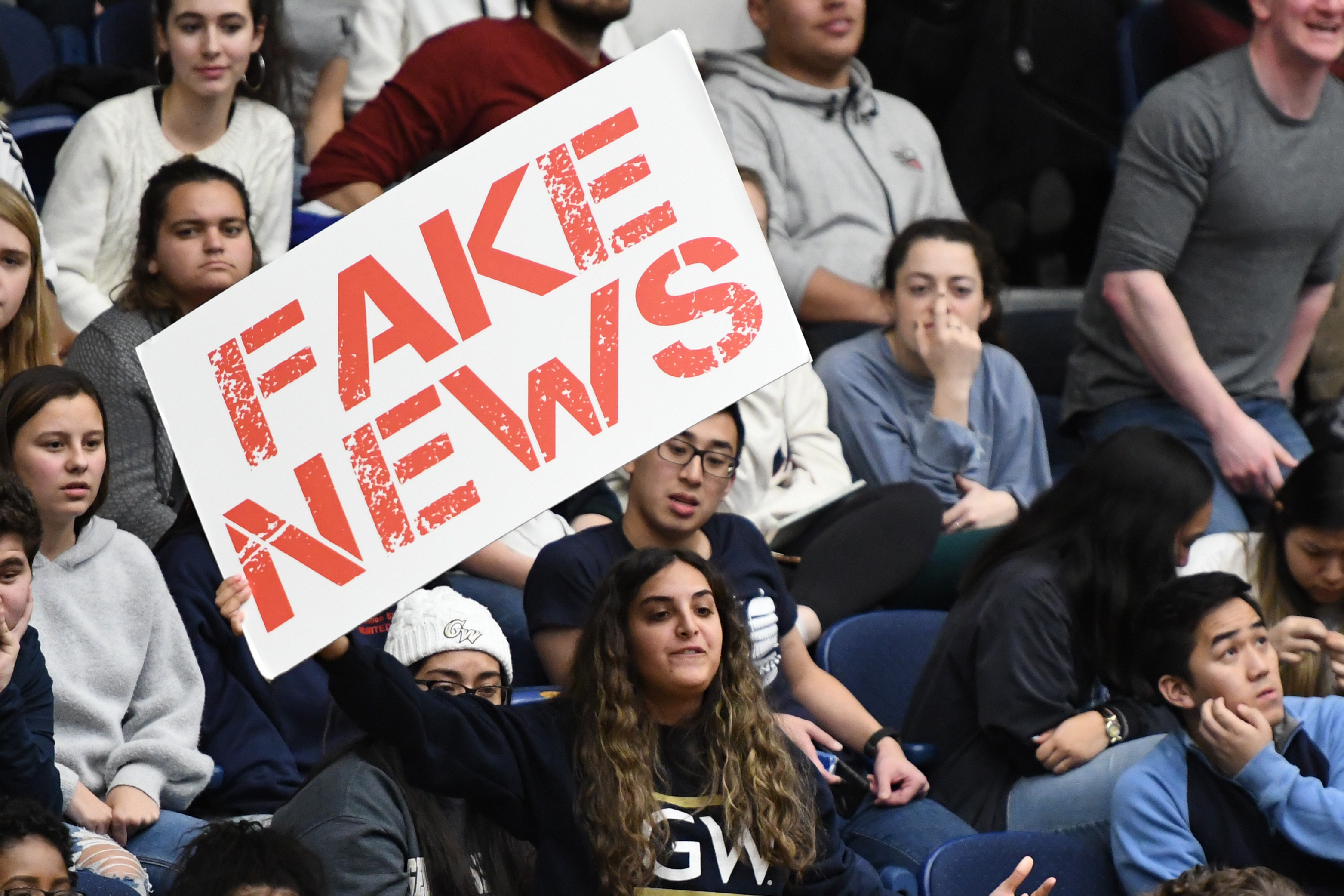- A new study by researchers at Princeton and New York University found that people over 65 years old were far more likely to share intentionally false or misleading information on Facebook than all other adults.
- Researchers looked at Facebook posts leading up to the 2016 presidential election and after, checking them for popular news domains known for spreading disinformation.
- The study did find, however, that the practice of sharing so-called fake news was fairly rare in general.
A recently published study found that Facebook users over 65 years old were far more likely than other adults to share disinformation on social media.
Researchers at both Princeton and New York University concluded that though the practice of spreading so-called fake news was rare overall, a person’s likelihood of sharing it correlated more strongly with age than it did education, sex, or political views.
“No other demographic characteristic seems to have a consistent effect on sharing fake news, making our age finding that much more notable,” wrote the authors of the study, which was published in Science Advances on Thursday.
Researchers commissioned an online sample of 3,500 people – not all of them Facebook users – with the goal of seeing which characteristics were associated with sharing disinformation on Facebook around the November 2016 US elections.
The researchers defined fake news as "knowingly false or misleading content created largely for the purpose of generating ad revenue." While that aligns with the original meaning of the phrase that sprang up ahead of the 2016 elections, President Donald Trump has more often used it to refer to reputable news organizations he doesn't like.
Of those who said they used Facebook, only 49% agreed to share any profile data. Of those users, people older than 65 captured the researchers' attention.
Eleven percent of users older than 65 shared an article consistent with the study's definition of fake news. Just 3% of users ages 18 to 29 did the same. The study drew its list of "fake news domains" from a list assembled by the journalist Craig Silverman of BuzzFeed News.
Andrew Guess, a coauthor of the study and a political scientist at Princeton University, told The Verge that the findings were not as obvious as some people might think.
"For me, what is pretty striking is that the relationship holds even when you control for party affiliation or ideology," he said. "The fact that it's independent of these other traits is pretty surprising to me. It's not just being driven by older people being more conservative."
The study did also find that, of those participating in the study, Republicans shared more links to sites peddling disinformation than Democrats, but "self-described independents" shared roughly the same number of those sites as Republicans.
The study's conclusion, that people 65 years and older share most of the intentionally false or misleading news we see on social media, could be helpful for social networks in deciphering how to tackle the spread of disinformation.
The study's authors also said more context was needed, since the oldest generation may not have a "level of digital media literacy necessary to reliably determine the trustworthiness of news encountered online."

